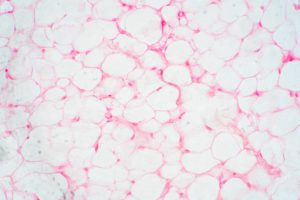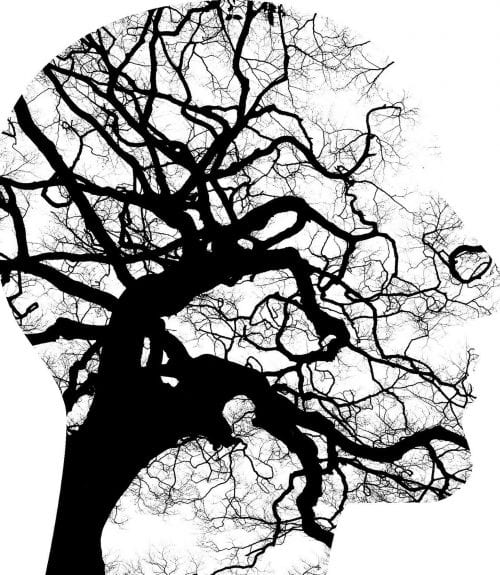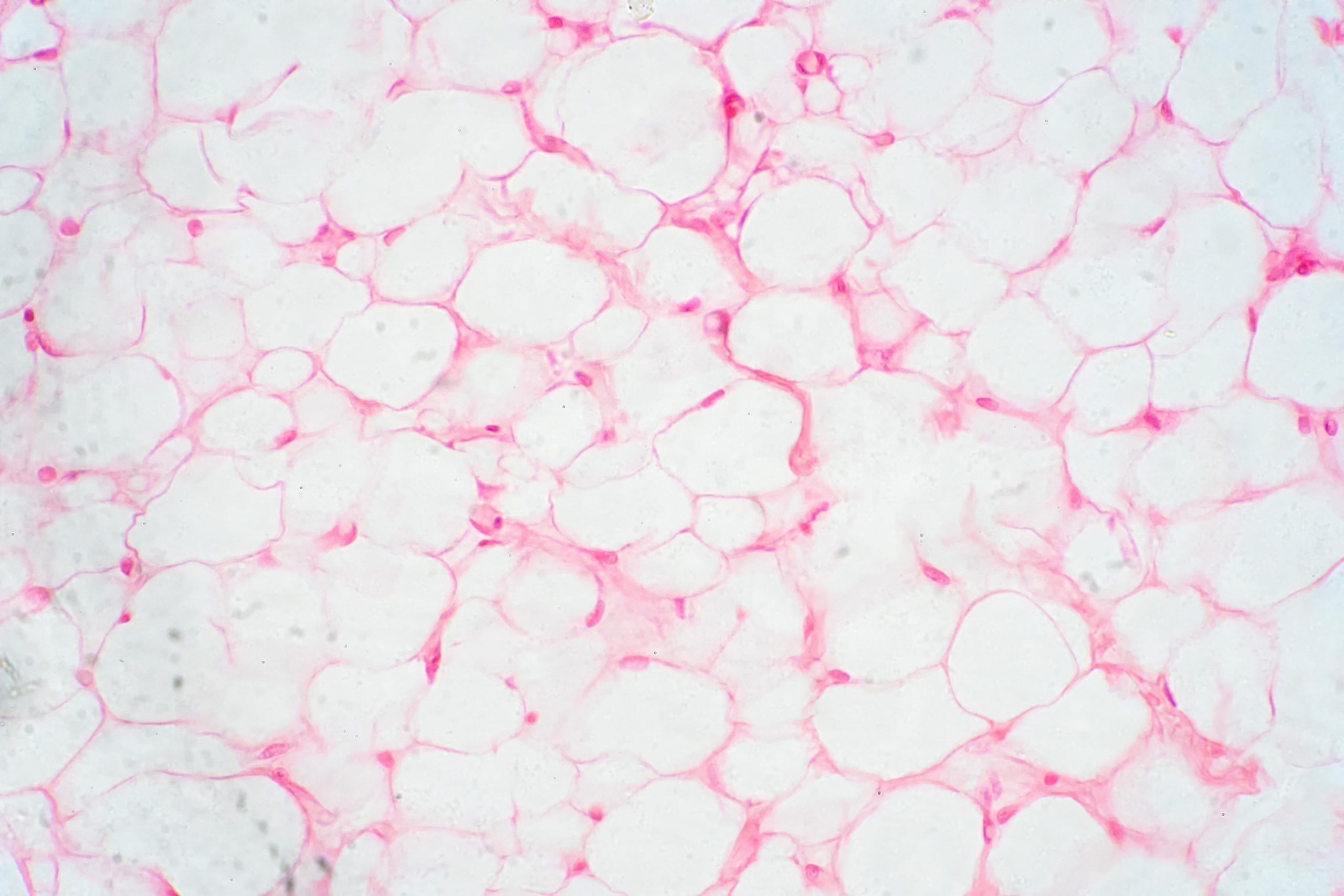Essential Functions of Fat in the Human Body
 While fats are sometimes viewed negatively, they are crucial for our well-being. Among other things, they serve as a crucial energy source, structural component, and protector of organs. Let’s look at these important functions one by one.
While fats are sometimes viewed negatively, they are crucial for our well-being. Among other things, they serve as a crucial energy source, structural component, and protector of organs. Let’s look at these important functions one by one.
Providing Energy
Fats are the most energy-dense macronutrient, providing nearly twice the calories of carbohydrates or proteins. This means that when you consume the same amount of fat compared to carbohydrates or proteins, you’ll get significantly more energy. This is because fats have a higher energy density, meaning they pack more calories into a smaller volume.
When consumed, fats are broken down into fatty acids and glycerol. These components are then metabolized to produce energy, primarily in the form of ATP (adenosine triphosphate). ATP is the primary energy currency of cells and is used to power various bodily functions. The fatty acids and glycerol are broken down through a process called beta-oxidation, which occurs in the mitochondria of cells. This process releases energy, which is then used to produce ATP.
This energy is essential for bodily functions ranging from muscle contraction to brain activity. Without sufficient energy from fats, the body would struggle to perform many of its basic functions. For example, muscles require ATP to contract, allowing for movement and exercise. The brain also relies on ATP for its activities, including thought, memory, and learning.
Structural Component of Cells
Fats, particularly phospholipids and cholesterol, are integral parts of cell membranes. These molecules form a complex structure known as the lipid bilayer, which is the primary component of cell membranes. Phospholipids are composed of a hydrophilic head and a hydrophobic tail, which allows them to form a double layer with the hydrophilic heads facing outward and the hydrophobic tails facing inward. Cholesterol, a type of lipid, is also embedded within the bilayer.
This bilayer surrounds and protects cells. It acts as a barrier, separating the intracellular environment from the extracellular environment. This barrier is essential for maintaining the cell’s internal conditions and preventing harmful substances from entering. The bilayer regulates the passage of substances into and out of the cell. Proteins embedded within the bilayer act as channels and transporters, allowing specific molecules to pass through the membrane. This selective permeability is crucial for various cellular functions, such as nutrient uptake, waste removal, and signaling.
Additionally, cholesterol helps maintain the fluidity and stability of the membrane. Cholesterol molecules can intercalate between the phospholipid molecules, influencing the membrane’s fluidity and preventing it from becoming too rigid or too fluid. This is important for the proper functioning of the membrane, as excessive rigidity can hinder cell processes, while excessive fluidity can compromise membrane integrity.
Insulation and Protection
Fat acts as a natural insulator, helping to regulate body temperature. This means that fat can help to trap heat within the body, preventing it from escaping to the environment. This is particularly important in cold climates, as it helps to maintain a warm body temperature.
Subcutaneous fat, found beneath the skin, provides insulation, preventing heat loss in cold environments. This layer of fat acts as a blanket, trapping heat and preventing it from being lost to the surrounding air. This is why people with a higher body fat percentage tend to be more resistant to cold temperatures. Visceral fat, which surrounds organs, cushions and protects them from injury. This protective layer acts as a shock absorber, absorbing the impact of physical trauma and preventing damage to the underlying organs. This is particularly important for organs that are sensitive to injury, such as the liver and kidneys.
Hormone Production
Essential fatty acids are vital building blocks for the human body, and their role in hormone synthesis is particularly significant. They contribute to the formation of cell membranes, the fundamental structures that house and support cellular processes. These membranes provide the necessary environment for hormone production, allowing the synthesis and release of these crucial chemical messengers.
Certain essential fatty acids serve as precursors for specific hormones. This means that the body can use these fatty acids to directly create hormones. For instance, omega-3 fatty acids are precursors for eicosanoids, a group of hormone-like substances involved in various physiological functions, including inflammation, blood clotting, and immune responses.
Nutrient Absorption
Fats are crucial for the absorption of fat-soluble vitamins (A, D, E, and K). These vitamins, unlike water-soluble vitamins, require fats for efficient absorption. When consumed, fats are broken down into fatty acids and glycerol, which form micelles. These tiny structures help to emulsify fat-soluble vitamins, making them more soluble and easier to absorb. Micelles then transport these vitamins across the intestinal wall into the bloodstream, ensuring their proper utilization in the body.
Essential Fatty Acids
Essential fatty acids are fatty acids the body cannot produce and must obtain through food. They are crucial for various bodily functions, including brain development, heart health, and immune function. There are two main types: omega-3 and omega-6 fatty acids. Each type has distinct chemical structures and roles in the body. Omega-3 fatty acids are particularly important for brain development and heart health, while omega-6 fatty acids support immune function and skin health. Balance is key, as excessive omega-6 intake can contribute to inflammation. A diet rich in omega-3 sources, while maintaining a moderate intake of omega-6, is generally recommended for optimal health.
Closing Thoughts
Healthy fats are an essential component of a balanced diet. By incorporating whole, unprocessed plant-based foods rich in healthy fats, you can support your overall health and well-being. These fats provide energy, support cell health, contribute to hormone production, and can have positive effects on heart health and brain function.
Remember, moderation is key. Healthy fats are essential – focus on a variety of plant-based fat sources and enjoy them in moderation to help ensure your diet is well-rounded and nutritious.

Matthew A. Webster, MA, MS, ED.D, LPC
Dr. Matt Webster is a professional educator, nutritionist, and therapist located in the Houston, Texas area. He specializes in couples therapy, sexuality, and maladaptive eating patterns with a focus on the role of nutrition. More About Matt >>
Last modified:









